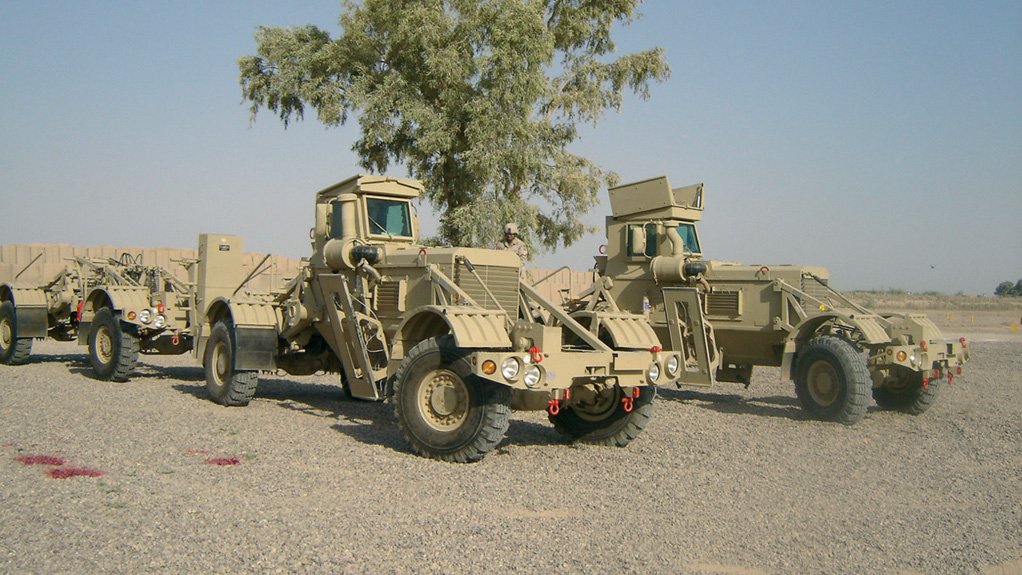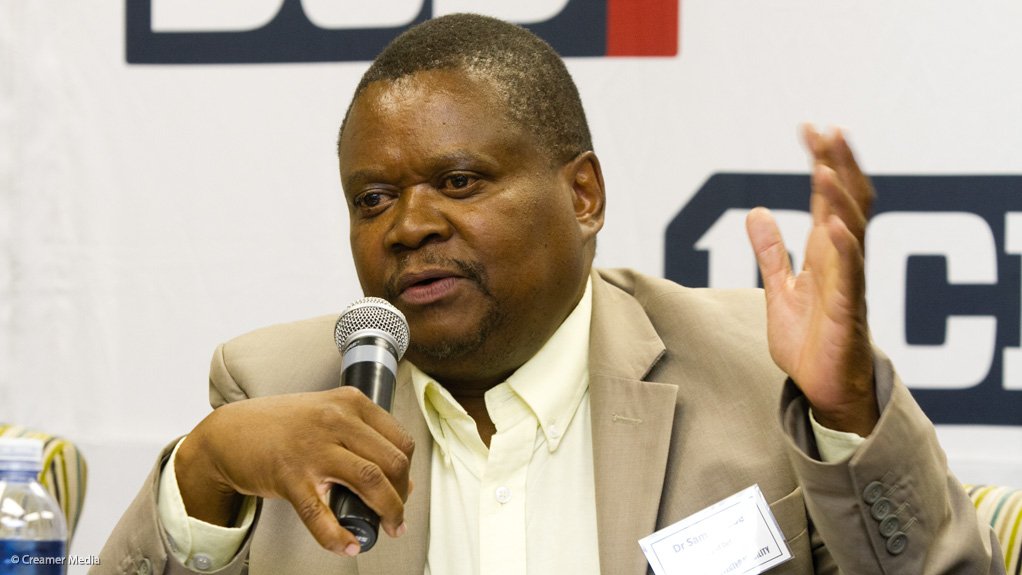The importance to South Africa of the country’s defence industry was asserted by the Secretary for Defence and Military Veterans, Dr Sam Gulube, on Thursday. “South Africa requires an effective defence capability, which includes an effective defence industry,” he said. (In South Africa, the Secretary of Defence and Military Veterans heads the civilian Defence Secretariat within the Department of Defence.)
“A vital, a focused and thus a successful defence industry is a major asset for our country,” he affirmed, highlighting its role, for example, in supporting the country’s foreign policy, especially at the regional and continental levels, as well as its role in helping achieve the government’s economic and developmental objectives. “As the DoD [Department of Defence], we understand that we need urgently to stimulate the defence industry in this country.”
He stated that orders for new defence systems would be in line with the national security priorities. These are – first, border security; second, antipiracy and maritime security; third, peacekeeping (with the United Nations and African Union); and fourth, the protection of South Africa’s people and resources.
Gulube was delivering the keynote address at the opening of DCD Protected Mobility’s new factory in Isando, Kempton Park, east of Pretoria. This company manufactures mine protected and armoured vehicles, and is best known for its internationally highly successful Husky armoured mine detection and destruction vehicle and associated systems.
In a press conference after the opening, Gulube noted that exports by the South African defence industry as a whole were worth between R4-billion and R5-billion every quarter (not year). He added that the DoD spent about R6-billion to R8-billion a year on capital expenditure.
One of the country’s biggest defence acquisition projects at the moment is Project Hoefyster, for new infantry fighting vehicles for the army. “I can confirm that in February we approved the next phase of the Hoefyster project,” he reported. “That next phase was the production phase. We have approved that production phase.” Armscor is responsible for drawing up the production contracts, and is busy with this.
“From the government standpoint, we have lessons learned from the last acquisition [programme], the SDP [strategic defence re-equipment programme, which involved buying frigates, submarines, helicopters, fighters and fighter-trainers],” he pointed out. “When we look back, we could have done better to strengthen the local content in the SDP. The government will be focusing on local content [in future] for maintenance, operation. We will, obviously, upfront be paying more to get these projects started but we believe, long term, we will be saving money as well as creating jobs.”
EMAIL THIS ARTICLE SAVE THIS ARTICLE
To subscribe email subscriptions@creamermedia.co.za or click here
To advertise email advertising@creamermedia.co.za or click here













